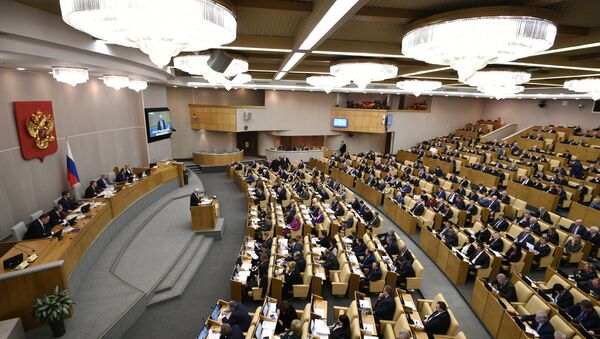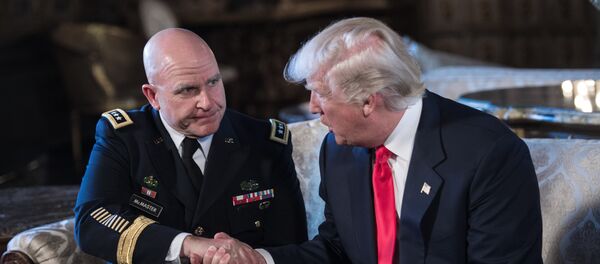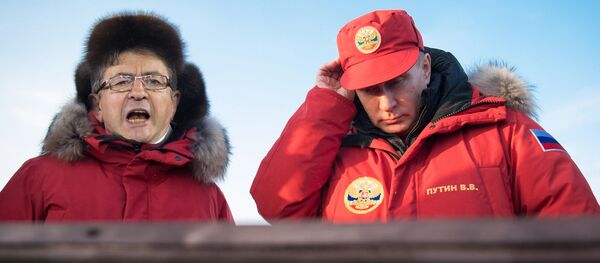Last month, lawmakers in the Duma, Russia's lower house of parliament, instructed the Duma's Information Policy Committee to prepare an audit of the above-mentioned US-owned and funded media and their compliance with Russian election legislation, and what impact they may have had on last year's Russian parliamentary elections.
The audit request was a response to a similar effort by US Senators, who drafted a bill last month asking lawmakers to provide the Department of Justice with expanded powers to check Russian-owned television network RT's compliance with the US law on foreign agents.
"We have to get to the bottom of the specific cases of attempts to influence elections in Russia," Levin said during the meeting. "However, I would like to remind you that the structures we are discussing are part of a larger American system to put pressure on our country," he added.
"The US uses a variety of tools in relation to Russia," Levin clarified. "Therefore, it's necessary to consider the possibility for US interference in Russia's electoral processes, but also in the affairs of our country in general. Here I also mean various funds, NGOs, grants, and many other things."
The lawmaker emphasized that the Information Policy Committee's meeting was being held against the backdrop of several investigations in the US in relation to Russian media, and its alleged interference in political processes in the US.
"At the moment legislative support is being found for these activities," Levin noted. "The US Senate is considering a bill that would grant the Department of Justice, of which the FBI is a part, additional powers to investigate potential violations of US law by the RT America television network. Similar claims have also sounded in relation toward the Sputnik news agency, and other Russian media. They continue to accuse [these media] of trying to influence the presidential election in the United States, and of attempts to undermine confidence in the voting process itself."
Levin emphasized that in the interests of fairness, the Information Policy Committee would be ready to hear out the representatives of the above-mentioned US media, and their representatives in Russia. "Representatives of CNN and Voice of America have been invited as participants to the meeting," the lawmaker said.
In the course of the meeting, media experts told the Committee that the US media's coverage of Russia's 2016 parliamentary elections, while limited, was skewed and 'one-sided.'
Alexandra Doronina, the head of the monitoring and analysis department at M13, a media analysis firm, explained that of the 180 reports on the election campaign put out by Radio Liberty and Voice of America ahead of the Russian elections, a majority of mentions of ruling party United Russia were negative, while the greatest number of positive mentions were given to Yabloko and PARNAS, two minor liberal-leaning parties.
"The coverage of the elections was quite one-sided," Dodorina said. "It was quite rare to see a clash of opinions among speakers representing differing political forces, different views," she added.
For his part, Alexei Mukhin, director of the Moscow-based Center for Political Information, an influential policy think tank, agreed with Levin's premise, saying that "the problem is wider than the attempt to interfere in the election process in 2016." At any rate, Mukhin added that his center had found "direct signs of such interference."
The expert also emphasized that in many Western countries, strategies have already been developed to counter Russian information policy at the legislative level.
"We have decided not to go the formal route, and will not ask for dry briefings from state agencies. Today we see no need to do so," the lawmaker said. Levin noted that the information presented to the Committee Tuesday will be compiled and analyzed, and that the Committee will prepare a report and present it to State Duma Chair Vyacheslav Volodin and Konstantin Zatulin, the lawmaker who initiated the audit protocol last month.






